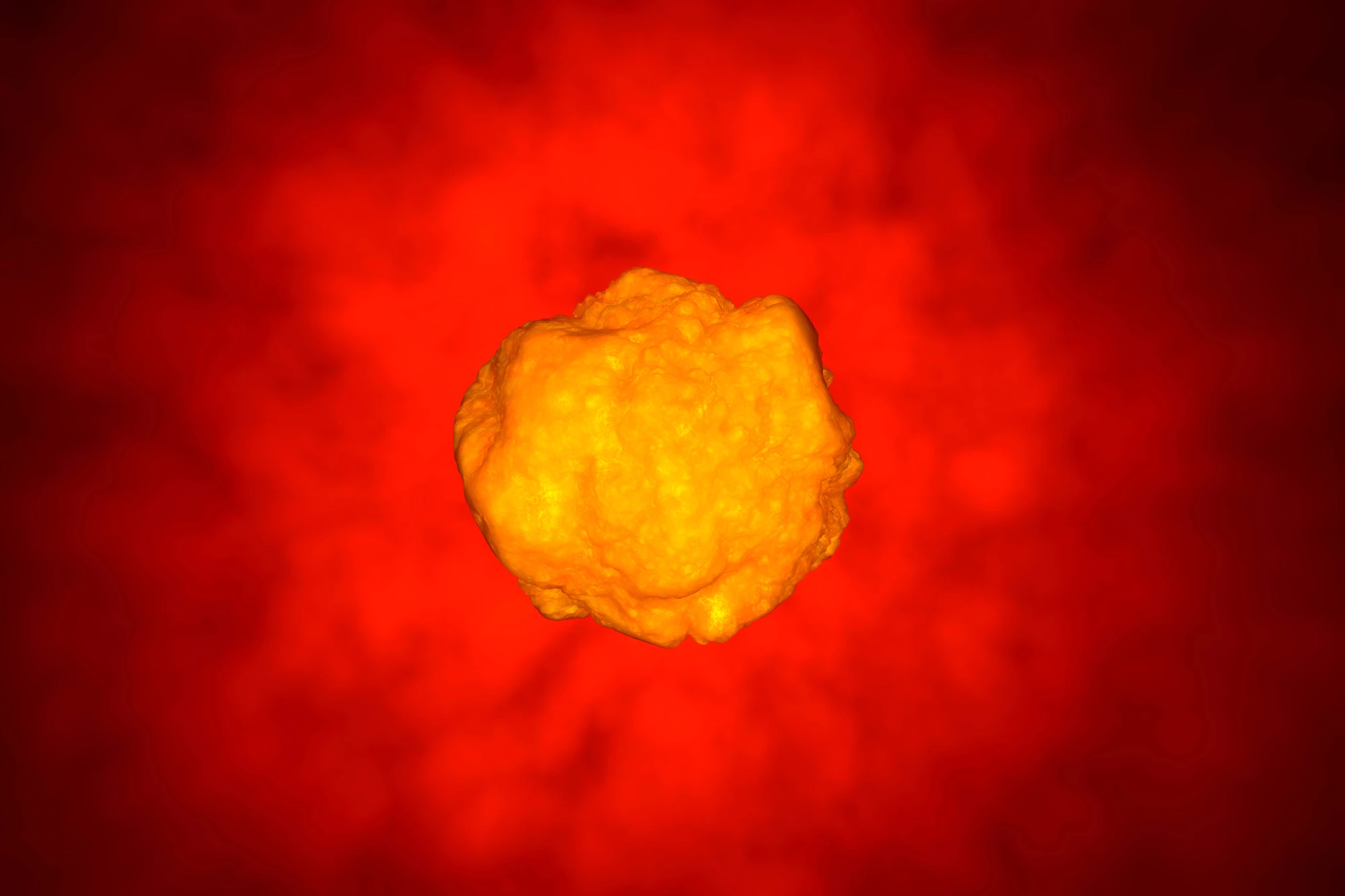A new study presented at the National Cancer Research Institute (NCRI) conference in Glasgow is claiming a novel blood test can identify breast cancer several years before clinical signs of the disease appear. The blood test is only in its preliminary stages of development, however, some scientists are skeptical of the researchers’ claims.
The research, which is yet to be peer reviewed and published, builds on the idea that cancer cells produce proteins called tumor-associated antigens (TAAs). The immune system detects these TAAs and produces autoantibodies in response. The new blood test suggests breast cancer can be detected by identifying the presence of these autoantibodies in a blood sample.
In an early pilot study the researchers tested several microarray panels designed to detect specific autoantibodies in small blood samples. Using blood from 90 breast cancer patients, taken at the time of initial diagnosis, the most successful microarray panel was found to successfully identify cancer in 37 percent of samples.
"We need to develop and further validate this test," says Daniyah Alfattani, one of the researchers presenting the results. "However, these results are encouraging and indicate that it's possible to detect a signal for early breast cancer. Once we have improved the accuracy of the test, then it opens the possibility of using a simple blood test to improve early detection of the disease."
The blood test is currently being validated in a large sample size of 800 patients and the researchers suggest accuracy will improve as more subjects are tested. The researchers also claim the blood test could hypothetically detect breast cancer up to five years before any clinical signs appear, however, some scientists are skeptical of this claim, noting there is nothing in the research presented that implies this is a useful early detection test.
“… there are no data at all presented to suggest that this claim might be valid,” says Paul Pharaoh, a cancer epidemiologist from the University of Cambridge. “The investigators have evaluated the test on 90 breast cancer patients ... but they do not appear to have tested it on samples from breast cancer patients from five years before they were diagnosed – which is what would be needed to justify the claim.”
Jeremy Carlton, a research fellow from King’s College London, also points out the sensitivity results reported in this preliminary research are so low that the reliability and accuracy of the test is still in question.
“… this test failed to detect cancer in 60-70 percent of patients that were known to have cancer,” says Carlton. “Importantly, this test also mis-reported cancer in around 20 percent of patients known to be cancer-free.”
It is certainly still early days for the blood test, with many questions still unresolved. The researchers estimate the test could be clinically available within five years if the work is appropriately funded. Iain Frame, CEO of NCRI, recognizes the research is still in its early stages but affirms the importance of early detection methods to catch the first stages of cancer.
“The results from this pilot study for a blood test to detect early breast cancer are promising and build on this research group's expertise in other cancers, such as lung cancer,” says Frame. “It’s obviously early days but we look forward to seeing the results from the larger group of patients that are now being investigated."
The new research was presented at the 2019 NCRI Cancer Conference in Glasgow, UK.
Source: NCRI




